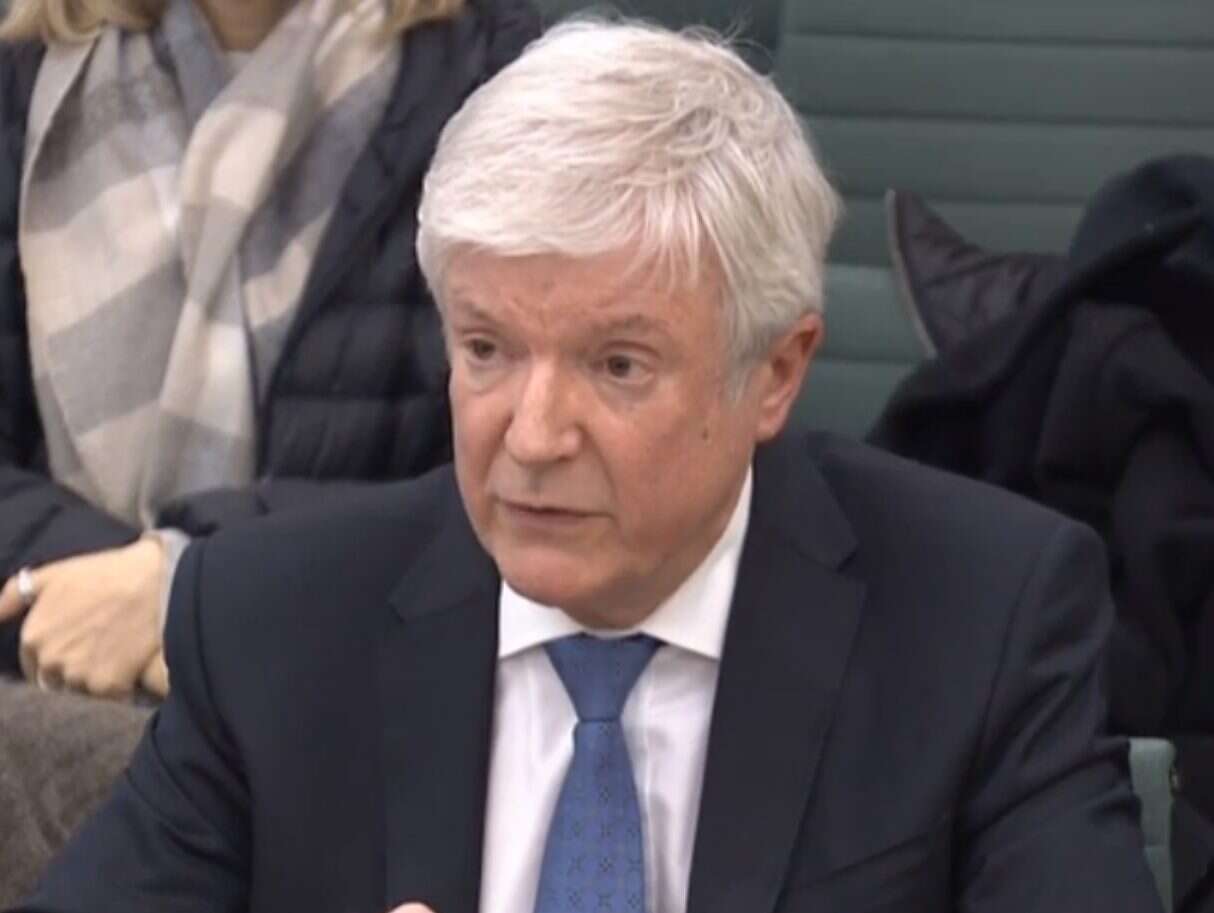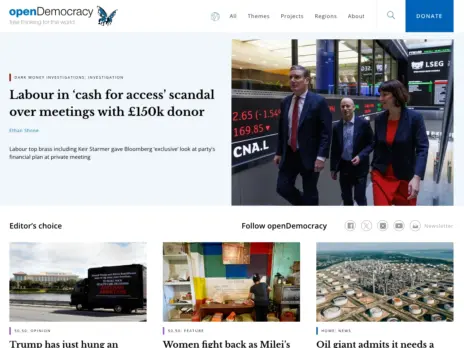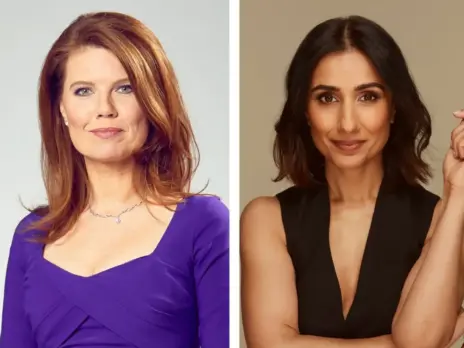
The BBC’s director-general has said there could be a “paring back” of BBC News services as a result of the coronavirus (Covid-19) outbreak, but said its priority is to keep services going.
Taking questions from MPs this morning, Tony Hall said the BBC had recorded 52m unique users online for information on coronavirus.
He said the BBC’s aim is to “deliver as much useful public information as we can” on Covid-19, with 596 cases and ten deaths reported in the UK so far.
“In the end we have to make sure that at the core our news services keep transmitting on television and on radio,” said the outgoing BBC boss.
He said the BBC was “gaming out” what would happen if a certain percentage of its staff is affected by coronavirus of if there is a case in one of its newsrooms or radio stations.
“There could be a paring back of services – I hope there won’t be,” he said. “But you could imagine a local station or some other part of our network of news operations being out of action for a period.”
He said the BBC was working through how it could cope with that and keep broadcasting information to the public.
“At the moment we are intent on keeping absolutely everything open, all our networks going because we know that globally, nationally and locally people turn to us – as they did during the floods [in the north of England] – they turn to us for information.”
He added: “The primary purpose is to keep our services going. If we were hit to a high degree by sickness then our priority is to make sure that we have a service people can turn to and that that service keeps going.”
Lord Hall was appearing before members of the Digital, Culture, Media and Sport Select Committee in its first hearing under new chairman Julian Knight MP.
Repeating comments by Culture Secretary Oliver Dowden, who said the BBC lacks “genuine diversity of thought and experience”, Knight asked Lord Hall if he believed the BBC was “too woke”.
“I believe that we should be diverse in all that it means,” said Lord Hall. “I don’t know whether that’s woke or not to be honest with you. That’s what I think a good organisation should be.
“That’s how you get better ideas for programmes, by reflecting the diversity of the UK. And I think equality of expression and people’s ability to say what they want to say is also important.”
According to Lord Hall, 21m out of 25m UK households pay the TV licence, which costs just over 40p per day (£154.50 a year). Some 70 per cent of people pay for it by direct debit.
The licence fee brings in just short of £4bn a year for the BBC and is its principal source of funding.
It is a crime to evade paying the TV licence, but the Government is currently consulting the public on decriminalising non-payment and replacing it with alternative enforcement action.
Lord Hall said he did not believe decriminalisation was an “open and shut” case, but added: “None of us want people going to prison for non-payment on the licence fee.”
Just five people were jailed in 2018 as a result of evading licence-fee payment, but Lord Hall said the sentences covered other charges as well.
The BBC took the decision to stop giving free TV licences to most over-75s last year after the budget for doing so was passed on the corporation. The change comes into effect in June this year.
John Nicolson MP asked BBC bosses, including chairman Sir David Clementi and policy director Clare Sumner, if the BBC was prepared to take 80 and 90-year-olds to court.
Lord Hall said the BBC had set up a “special team” to make sure its communications with the over-75s about paying the licence fee are “sensitive”.
“I don’t want to see people going to court, of course I don’t,” said Lord Hall, but he said it is “conceivable” that 90-year-olds could end up there.
“Imagine the reputation damage,” said Nicolson, who added the BBC could end up in the “bizarre position” of sending news teams to cover the elderly being taken to court over non-payment.
But Sumner said this was “highly unlikely”.
In a recent poll of nearly 1,000 Press Gazette readers, a majority voted to maintain the licence fee, but a significant minority (47 per cent) opted for change, although there was no consensus on an alternative funding model.
Picture: Parliament TV
Email pged@pressgazette.co.uk to point out mistakes, provide story tips or send in a letter for publication on our "Letters Page" blog






